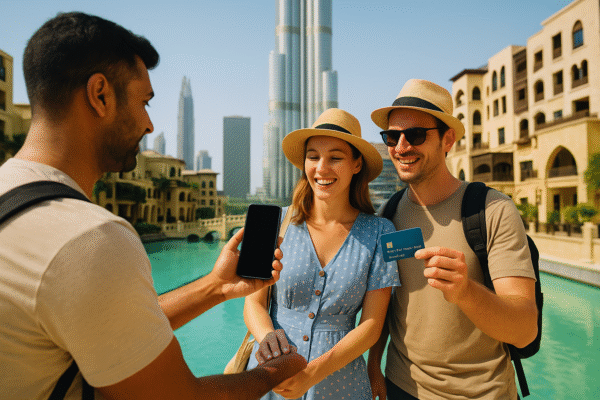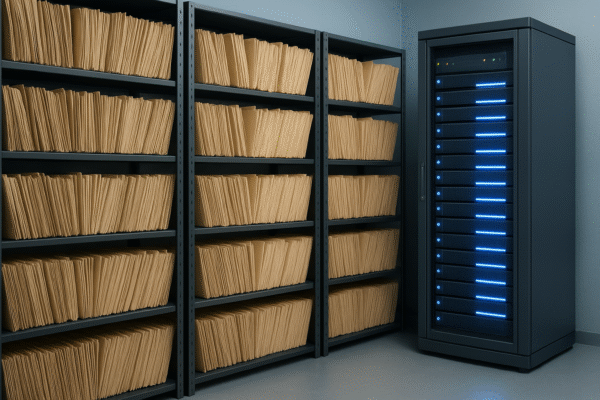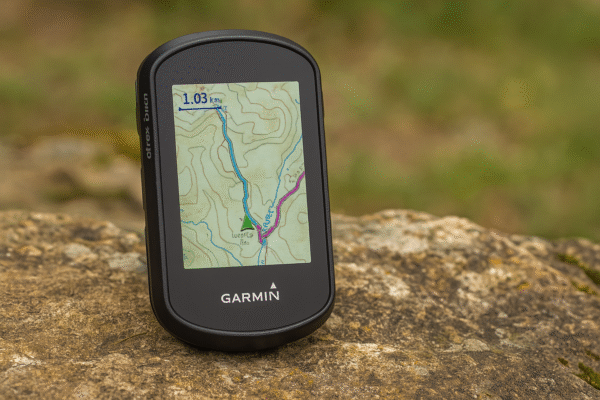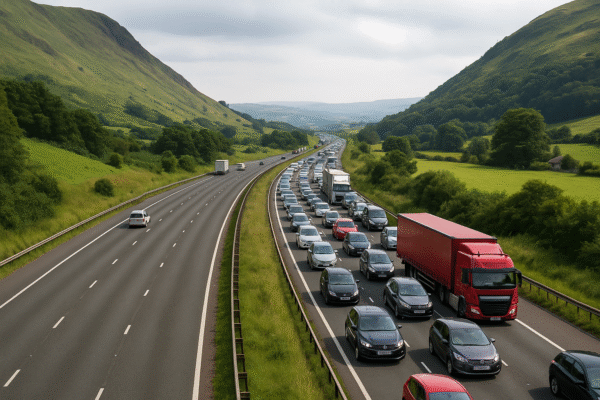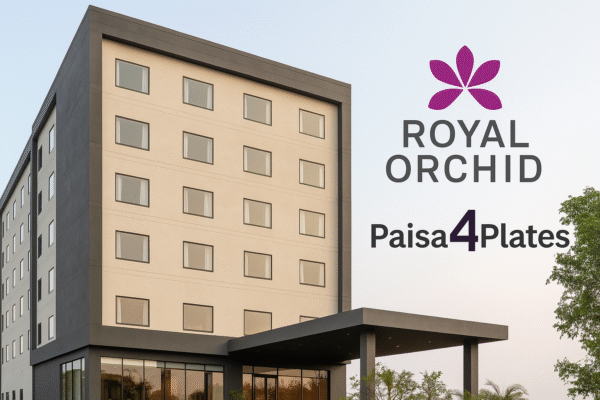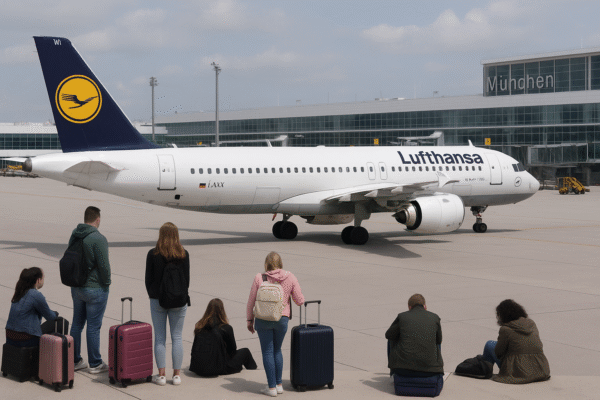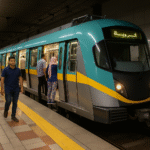Rock Rail’s German subsidiary, Rock Rail NnW, has announced financing for a fleet of 61 Siemens Mireo Plus B battery-electric multiple units (BEMUs). The project, to be deployed in northwestern Germany, represents one of the largest investments in sustainable rail mobility in the country. While the financial terms remain undisclosed, the scale of the deal underscores the determination of both Rock Rail and German authorities to reshape public transport and meet national climate goals.
The Westphalia-Lippe Local Transport Association (NWL) will oversee the deployment of the fleet, with the trains scheduled to enter passenger service in December 2029. This milestone will mark the transition away from diesel-powered trains, ensuring a cleaner, quieter, and more efficient network across the eastern Ruhr region and beyond.
Cutting-Edge Siemens Mireo Plus B Technology
At the heart of this modernisation plan are Siemens’ Mireo Plus B trains, specifically designed to operate seamlessly across electrified and non-electrified routes. Equipped with advanced batteries, these trains can recharge on electrified sections of track and continue operations using stored energy where overhead wires are absent.
This dual capability makes the Mireo Plus B a highly flexible solution for regions like northwestern Germany, where the rail network is extensive but not fully electrified. By bridging these gaps without costly infrastructure upgrades, the trains ensure efficiency while delivering strong environmental benefits.
Passengers will also enjoy a vastly improved travel experience. The new fleet will feature ergonomic seating, climate-controlled interiors, and state-of-the-art Wi-Fi connectivity. Real-time passenger information systems, along with enhanced accessibility for passengers with reduced mobility, will ensure inclusivity and convenience. Together, these innovations place passenger comfort at the centre of Germany’s future transport strategy.
NWL’s Role and Tendering Plans
The Westphalia-Lippe Local Transport Association (NWL) plays a central role in advancing this initiative. Responsible for managing public transport across the region, NWL is preparing to launch a tender for operators to manage the new fleet.
The successful operator, expected to be chosen in 2026, will be contracted for 15 years. They will oversee the running of approximately 7.1 million train-kilometres annually, replacing existing diesel multiple units (DMUs) with this advanced battery-electric fleet. This move not only strengthens regional connectivity but also provides the groundwork for higher service frequencies and improved reliability.
When they enter service, these 61 BEMUs will make up Germany’s second-largest battery-electric fleet, underscoring the transformative nature of the project.
Environmental Benefits of Battery Trains
The decision to invest in battery-electric units aligns with Germany’s ambitious climate goals. By reducing reliance on diesel-powered trains, the Siemens Mireo Plus B fleet will significantly cut greenhouse gas emissions and lower noise pollution across the network.
Battery-electric multiple units are also more energy-efficient, capable of regenerative braking that stores power for later use. This efficiency translates into reduced operational costs while delivering tangible environmental improvements. For passengers, the switch means quieter journeys and a contribution toward cleaner air in their communities.
The project demonstrates how rail operators can modernise without waiting for full electrification, which is expensive and often delayed. BEMUs strike a balance between sustainable operations and cost-effective implementation, providing flexibility for operators and immediate benefits for passengers.
Supporting Urban Mobility and Regional Growth
Curbing traffic congestion in major cities and improving rural connectivity are key objectives of Germany’s national transport strategy. The introduction of the Mireo Plus B trains will not only modernise rail operations but also support wider economic and social benefits.
A more reliable and efficient public transport system encourages commuters to choose trains over private vehicles, reducing road traffic and carbon emissions. Improved connectivity across the Ruhr region will also make commuting faster and more predictable, boosting productivity and supporting regional development.
This project also represents a significant investment in local employment and technical expertise. Maintenance, operations, and service support for the new fleet will create new jobs and promote innovation within Germany’s rail industry.
Financing and International Cooperation
The financing arrangement secured by Rock Rail highlights the growing importance of international collaboration in advancing green mobility. As one of Europe’s leading rail investors, Rock Rail has been expanding its portfolio of sustainable transport projects, with the German BEMU deal standing as one of its most significant ventures to date.
By investing in cleaner technologies and working closely with Siemens and German authorities, Rock Rail underscores the potential for public-private cooperation to accelerate the shift to sustainable transport.
Looking Toward a Sustainable Future
The arrival of the Siemens Mireo Plus B fleet in 2029 will mark a turning point for northwestern Germany. With 61 battery-electric trains replacing aging diesel units, passengers will benefit from cleaner, faster, and more comfortable travel. For the region, it represents a decisive move toward reducing emissions, modernising infrastructure, and aligning transport with long-term climate commitments.
This initiative also positions Germany as a leader in battery-electric rail technology, setting an example for other European regions seeking to cut emissions while improving mobility.
Conclusion: A Landmark Project for German Rail
Rock Rail’s financing of Siemens Mireo Plus B trains represents far more than an infrastructure upgrade. It is a bold step toward sustainable mobility, combining technological innovation with environmental responsibility.
By 2029, commuters across northwestern Germany will experience the benefits of one of Europe’s largest BEMU fleets: quieter journeys, improved accessibility, and reliable services. Beyond transport, the project supports economic growth, environmental sustainability, and Germany’s vision of a greener future.
The 61 new Siemens Mireo Plus B trains will not only modernise the Ruhr region’s rail network but also showcase how forward-looking investments can create lasting change in public transport.
For more travel news like this, keep reading Global Travel Wire

